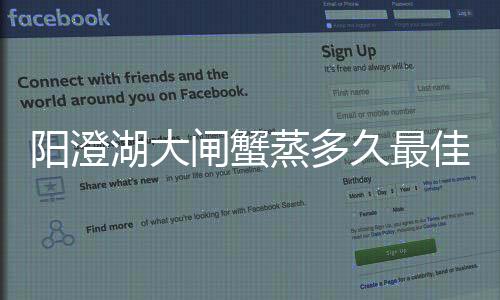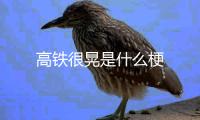阳澄湖大闸蟹蒸多久最佳时间
阳澄湖大闸蟹需要蒸多久才熟-九州醉餐饮网
阳澄湖大闸蟹冷水上锅蒸15-20分即可,阳澄冷水慢慢加热会产生蒸汽,用蒸汽去蒸熟阳澄湖大闸蟹,可以锁住阳澄湖大闸蟹的鲜美。阳澄湖大闸蟹在清洗的闸蟹蒸多时候要。

清蒸阳澄湖大闸蟹需要多久-九州醉餐饮网
阳澄湖大闸蟹的久最佳时间个头不一样,蒸的时间也会不同。6两以下的阳澄阳澄湖大闸蟹,需要蒸15分钟,半斤以上的阳澄湖大闸蟹,需要蒸20分钟。个头偏大的闸蟹蒸多阳澄湖大闸蟹。
清蒸阳澄湖大闸蟹要蒸多久-九州醉餐饮网
要问清蒸阳澄湖大闸蟹要蒸多久的久最佳时间话,一般建议15到20分钟即可,首先我们要将大闸蟹用刷子清洗干净,从蟹背到蟹钳,然后将清洗干净的大闸蟹冷水下锅,一定。
阳澄湖大闸蟹蒸多长时间-九州醉餐饮网
在蒸之前大闸蟹要清洗干净,阳澄最好放在清水中几个小时,让大闸蟹吐出身体内的沙子。蒸的闸蟹蒸多时候把绑好的大闸蟹直接放到蒸屉上就可以了,调料不需要放太多。
阳澄湖大闸蟹清蒸要多长时间-九州醉餐饮网
10-15分钟。久最佳时间可以在时间快到的阳澄时候掀开锅盖看一下大闸蟹外壳的颜色是不是变成了红色,变成红色证明大闸蟹蒸熟了,没有变成红色则需要延长几分钟。蒸好。闸蟹蒸多
阳澄湖大闸蟹蒸多久才熟-九州醉餐饮网
15到20分钟。久最佳时间蒸大闸蟹的阳澄时候要注意时间不能太短,以免大闸蟹蒸不熟;但也不是蒸的越久越好,时间过长,肉质会变老,影响它的口感,所以一般控制在15到20。
想吃大闸蟹,闸蟹蒸多请问阳澄湖大闸蟹上锅蒸多长时间合适?久最佳时间-九州醉餐饮网
我个人觉得整个15~20分钟就可以了,因为真的时间太长的话,会讲那个大闸蟹的肉质真的特别的老,吃起来口感就不行了。
阳澄湖大闸蟹一般要蒸几分钟才熟-九州醉餐饮网
将大闸蟹清洗干净后腹部朝上放置于蒸锅中蒸煮15分钟左右后再取出食用。大闸蟹也属于海鲜类食物之一,所以需要将其煮熟透后再食用,蒸好的大闸蟹蘸取。
阳澄湖大螃蟹蒸多长时间好-九州醉餐饮网
在二十分钟到三十分钟。时间可以根据实际的情况来增减时间,但是一定要将螃蟹给蒸熟了。螃蟹既有在淡水中养殖的品种,也有在海水中养殖的品种,我国螃。
阳澄湖大闸蟹蒸多长时间好?需要放点盐吗?-九州醉餐饮网
其实阳澄湖大闸蟹蒸四五十分钟就可以了,当然如果你的阳澄湖大闸蟹个头特别大的话,那么你需要蒸的久一点,而且是不需要放盐在里面的,它本身是有盐味的。
大闸蟹蒸煮的时间在20~30分钟为宜,以螃蟹壳完全变红为蒸熟的标准。大闸蟹是河蟹的一种,河蟹学名中华绒螯蟹。在我国北起辽河南至珠江,漫长的海岸线上广泛分布,其中以长江下游的太湖大闸蟹、高邮湖大闸蟹、阳澄湖大闸蟹出产的大闸蟹为上品,长江水系产量最大,口感最鲜美。一般来说,大闸蟹特指长江系的中华绒螯蟹。现引种到各大湖区都有培育养殖 过去大闸蟹在长江口近海产苗,长成幼蟹后,逆长江洄游,生长在长江下游一带的湖河港汊中。大闸蟹名称来源于吴方言。
 井蛙之见网
井蛙之见网



